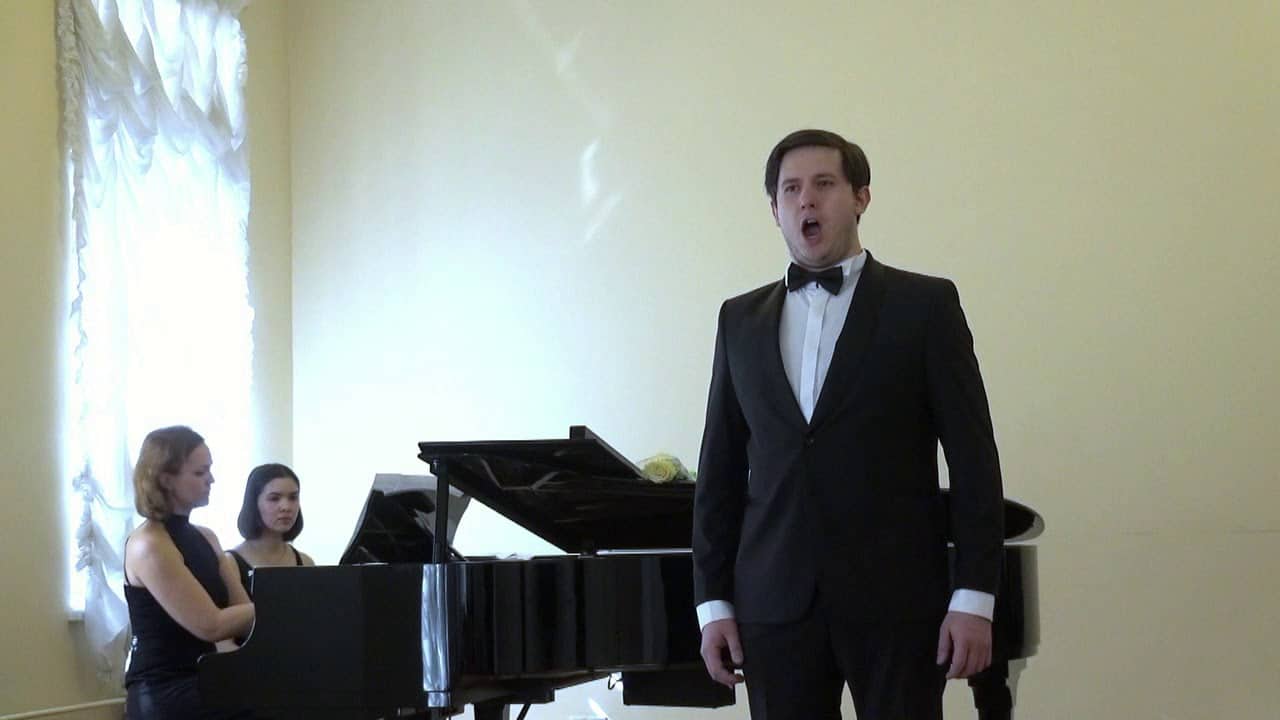Steinway dealer is ordered to return 1908 piano after eight years in repair
mainThe former owner of a Steinway House in Düssedorf has been served a court order to return a 108 year-old B211 model after failing to agree over eight years how much work was needed to bring it up to standard.
Read here.






Steinway pianos do have unique serial numbers which can be traced. It seems to me that someone, somewhere, must have a record of it? Any reputable dealer would include that in any transactions. If I had inherited a piano, that would be the first thing I would do: write down the serial number and put it in a safe place.
“Der Kläger hatte für das Erbstück 25.000 Euro Schadenersatz verlangt. Ein Gutachter hatte den Marktwert des Pianos wegen Rissen im Resonanzboden aber auf lediglich 3.000 Euro beziffert.” In English: “The plaintiff sued for damages in the amount of €25,000 to replace his heirloom. However, an expert had appraised its value at only €3,000 because of cracks in the soundboard.”
If the cast iron frame and the pin block are in good shape, soundboard cracks can be repaired if they aren’t terribly large. Replacement of the action, hammers with shanks, and installing new strings would probably cost between €15,000 and €20,000 these days using original Steinway parts (however, the last time I had my own piano repaired was in the 1990’s, so it might cost even more these days). Depending on the final results, if the repair job and follow-up work (voicing, regulating, etc.) was done competently, I think a dealer should be able to sell a renovated Steinway B, even if it was from 1908, for at least €50,000 these days. Putting an appraisal of €3,000 on such an instrument seems much too low to me (unless it had seen underwater service in a movie like “The Piano” … 🙂 ). Then again, we don’t have any idea about the actual condition of the instrument, and it might really have only scrap value. Not enough details to go by.
One important detail was left out in the introductory text to this article: According to the original news item linked (in German), the dealer was ordered by the court EITHER to give back the instrument, OR pay the owner a replacement sum of €3,000. This is the basis for my above comment.
An aside, but not all Steinway pianos have serial numbers. Steinway are so protective of their “piano rental” schemes that they will threaten to ostracise dealers who run their own (perhaps cross-brand), or who sell to firms that will rent the pianos onwards (for example, a firm providing ten, thirty, fifty pianos to an educational institution who rent the pianos together with a maintenance, service, tuning, and replacement package).
Quite a few Steinways used in this context, then, have the serial numbers removed or ground away to get away from the heavy hand of the manufacturer. It wouldn’t be a problem if Steinway would just sell a piano, take the money, and be happy, of course.
I am a professional piano technician who has worked for a Steinway Authorized Dealer in that same capacity. The circumstances “Anon” describes are very suspect. I have never seen any situation regarding “removing” serial numbers by any Steinway dealer or Steinway themselves. The concert rental pianos that Steinway provides often have their own “CD” number that is used to identify the pianos as a Concert & Artists, (CA), rental not as a piano for sale. The real serial number is then put on the CA piano when it is retired from rental service and is sold. All CA pianos have a serial number, but it sometimes not displayed on the casting as is normal for all other Steinways.
Ed, very little suspect about it, and all caused by the arrogance of Steinway presuming to bully smaller operators out of the piano rental and lease space. I am not suggesting that Steinway themselves, or their dealers might remove serial numbers; I’m suggesting that a firm who buy and sell pianos and who might want to lease (long-terms) pianos, might do this.
Why on earth would any reputable institution want to rent pianos which had had their serial numbers removed? One would think that especially this type of client would be most interested in things like guarantees and being able to send an instrument back to the factory for repairs if needed.
On the other hand, I’ve certainly heard of no-name instruments, especially “antique” ones, which were passed off on unsuspecting buyers as Steinway pianos — perhaps along with a story about how the serial number was “ground away”? (But really, it IS a STEINWAY…)
Not so. I can think of more than one case of European institutions which have wanted a lease agreement for all their piano requirements – probably around 100 instruments of varying sizes, types, makes, and models.
Steinway lease or hire Steinway pianos. If you want a selection of Yamaha, Fazioli, Steinway and others as uprights and grands of varying sizes, you either have to have multiple lease agreements with multiple manufacturers or go non-manufacturer scheme.
It can easily be cost-effective to go to a third party, who can offer to service all the pianos, provide regular tuning to them all, and so on (rather than having to book the Steinway tuner for the handful of expensive Steinway grands, and different tuners for the others as needed); if that third party operation has a significantly solid and good reputation, years of experience,and so on, then it can make very good sense to work with them.
(I’ll wager most German Mercedes on lease-hire aren’t leased from Mercedes directly, or even from their branded garages. A third party can often put together a better package – whether of vehicles or pianos – to suit your individual business needs).
This isn’t about passing off antique pianos as vintage Steinways to unsuspecting buyers, this is about new pianos.